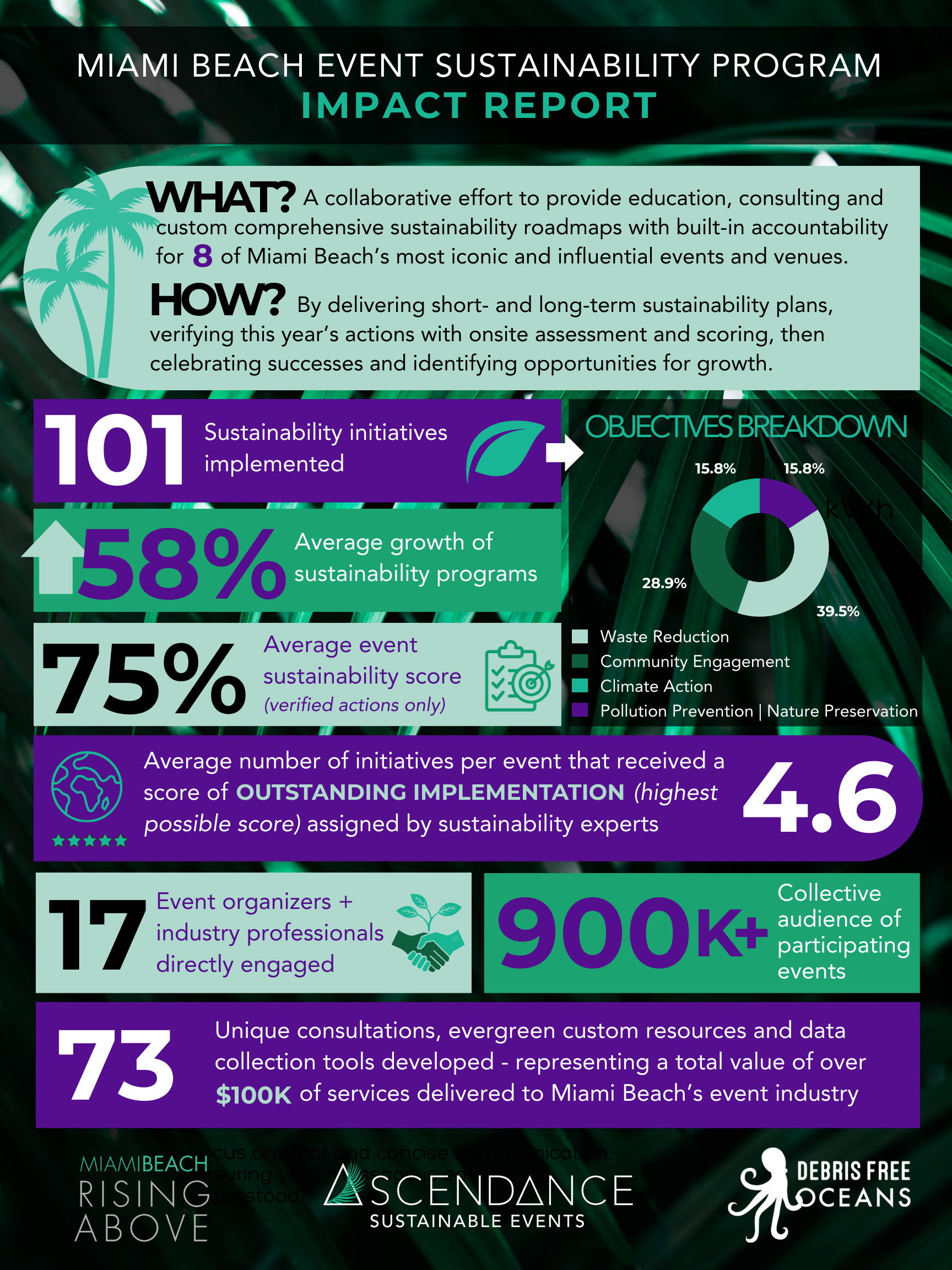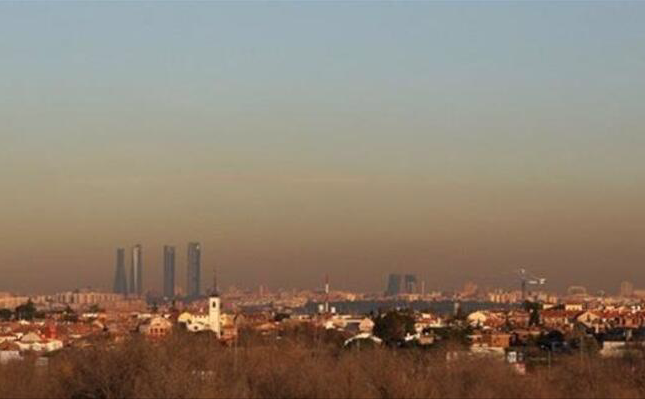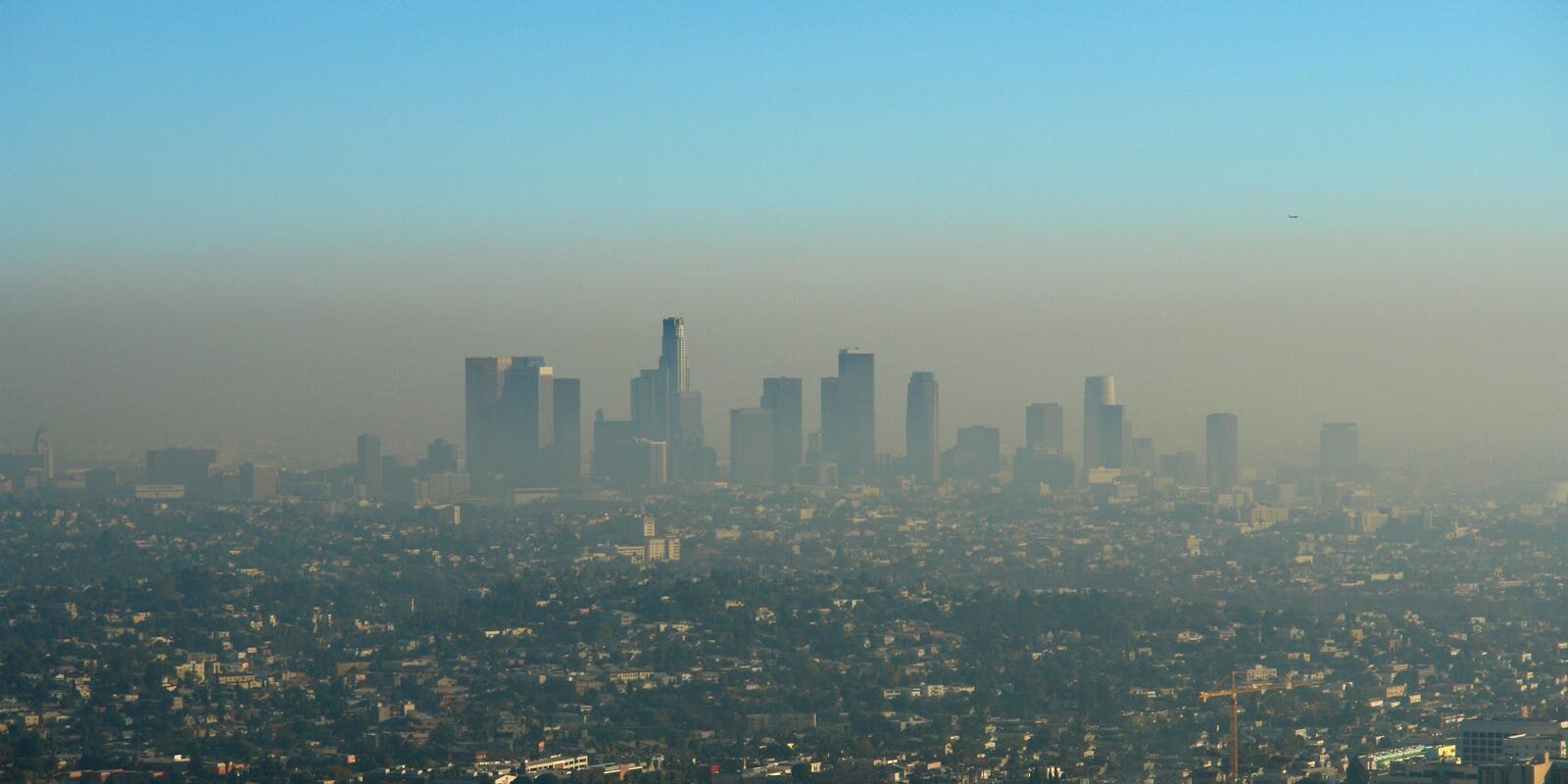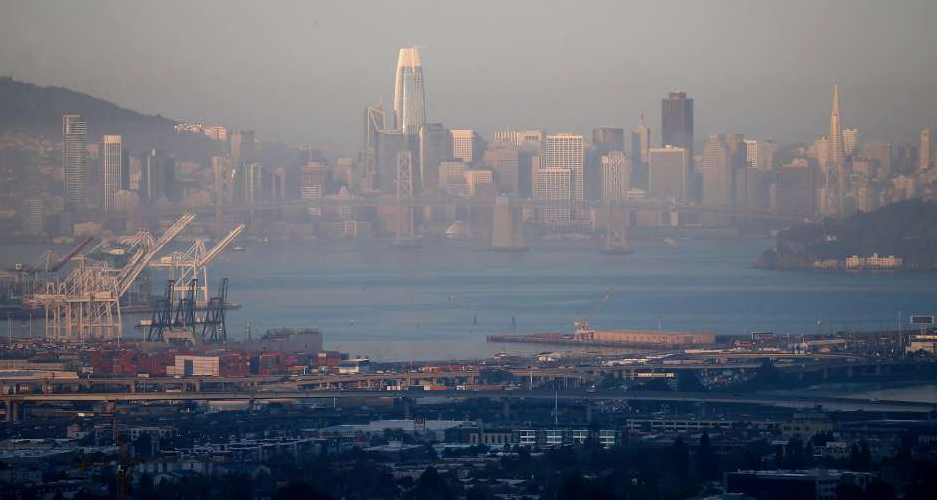How we built a partnership with our City and local NGO, Debris Free Oceans, to support Miami Beach’s most iconic events.
- By, Emily “Milly” Milton
The global events industry may be historically high-waste and high-impact on our planet – but, creative collaborations that…
Align sustainability efforts across stakeholder groups
Deliver resources and strategies for success
Facilitate knowledge- and data-sharing, and
Embed accountability into their framework
… have the power to define cultural values, educate people through immersion and shift behavior that ultimately leads to positive impact far beyond event gates.
Large-scale events also have the unique opportunity to make big impacts with seemingly small changes. The numbers add up quickly when you’re multiplying by thousands of attendees!
Image Source: Findrentals.com
In collaboration with Debris Free Oceans and the City of Miami Beach, Ascendance has been working on a program that seeks to do just that!
This joint effort is part of the City of Miami Beach’s Rising Above grant program through the Environment and Sustainability Department – where the City employs science and innovation to build a resilient future through adaptation and mitigation strategies, nature-based solutions, community partnerships and more.
Program Impact Report; Infographic credit Emily Milton via Canva
When sustainability is built into the foundation of an event’s operations, it becomes a platform for engaging event organizers, staff, vendors and attendees in environmental stewardship. Growing accessibility and demand for sustainable practices from artists and audiences also presents an opportunity for events to lead their broader communities by example and engage with local community organizations.
Festivals have been called “incubators of change” - places where new ideas and innovative strategies can be proven successful in a “microcosm of society.” Festivals and large events are essentially small, temporary cities - providing the ultimate launch point for sustainable practices, inspiring their audiences and, sometimes, even helping to bring the necessary infrastructure and affordability to scale processes like reusable servicewares or renewable energy.
One of the major goals of this program was that events will gain the knowledge, resources and support needed to transform their platforms into beacons of sustainability, creating a ripple effect of positive action in their audience and their staff, across cities and industries. Another goal is that the city will receive insight into successes achieved and challenges faced by the local events industry, to understand what municipal support is needed to drive these positive, mutually-beneficial outcomes.
Event Impact Ripple; Graphic credit Emily Milton via Canva
Our project created a first-of-its-kind (in our region!) event industry collaboration between private, non-profit and municipal sectors, to help large-scale events in Miami Beach take the next steps in their sustainability journeys - which ultimately translates to increased resiliency for the City and our community.
Miami Beach was the ideal location to pilot this collaboration because it is a global hub for sporting, cultural and music events that sits adjacent to unique and fragile ecosystems – an island city surrounded by Biscayne Bay to the west and the Atlantic to the east, cohabitating with nearby seagrass beds, sand dunes, mangrove swaths, coral reefs and the wildlife that depend on them. The health of our waterways and oceans is inextricably linked to the lives and livelihoods of the community of Miami Beach, and our city is facing a multitude of climate challenges including sea level rise, flooding and increased severe weather, in addition to challenges facing our County and surrounding communities including extreme heat, pollution, habitat loss and the “waste crisis.”
Events and festivals play a remarkable role in this community – bringing people together to celebrate its stunning location and iconic history – and with it, they have the opportunity to lead in sustainable practices that are in alignment with the city's resiliency goals.
A key feature of this program is its hyper-local approach, however, it is replicable and scalable to other cities and municipalities.
How it works:
Our team worked closely with the city to determine ideal candidates for the program based on event size, dates, existing sustainability programs, potential for impact and more. Upon accepting the invitation to participate, each event team received:
Consulting from our expert team at Ascendance Sustainable Events
Development of custom Short-Term and Long-Term Sustainability Plans
Onsite verification from Debris Free Oceans, including data collection and documentation, during the event
Program impact report consisting of data from this year’s event, and an internal baseline sustainability “score” to identify opportunities for growth.
Invitation-Only One Pager for Program Participants; Graphic credit Emily Milton via Canva
Each event brought its own unique perspectives, challenges and opportunities that come from working with a range of event sizes, scales and audience demographics, including both ticketed and free, community events.
All the participants were well-known, well-loved events with most celebrating between 20-50 years as seasoned landmarks of the Miami Beach scene with local and international appeal – and, while all participants had previously implemented some kind of sustainability programming, there was also a wide range of knowledge and experience with the nitty-gritty of event sustainability in practice!
At every opportunity, we celebrated and sought to amplify whatever steps they were already taking while providing our insight on how to expand their impact, inspire their audience and market what matters… hint: Data! Data! Data!
Before diving in, however, we asked our events to take a moment to step back and think about their “why”. Why did they say yes to this program? Why do they want to lessen their environmental impact? Why sustainability? We really loved their answers and were happy we took this moment to get grounded in their purpose before talking shop and logistics.
Responses from Miami Beach event producers to the question “What is your why?” for event sustainability; Graphic credit Emily Milton via Canva
Key Takeaways:
We've completed the program with 8 incredible events so far – working directly with 17 upper-level event production professionals – and a collective audience of over 900K people. Across all events, 101 sustainability initiatives were implemented, representing a program growth of 58%. The average score assigned by Debris Free Oceans was 75% – establishing a solid foundation with room to grow!
Excitingly, 100% of events stated that participating in this program increased their 1) knowledge of sustainable practices in general, 2) understanding of the feasibility of sustainable practices at their event, and 3) awareness of the city’s goals and event sustainability ordinances. 75% of events stated that the consultations provided through this program helped them directly solve a sustainability challenge.
Unsurprisingly, every event said budgets are the greatest barrier they face in advancing their sustainability efforts. Along with implementation support, whether through financial or human resources, most events said that greater availability of certain infrastructure and services, such as waste sorting, water hook-ups and grid power access in parks and beaches, is necessary to achieve their sustainability goals.
Event Highlights:
Thank you to the pioneering events and venues that participated! Each organization had so much to celebrate, but here are a few of our favorite sustainability successes:
2024 - 2025 Program Participants; Graphic credit Emily Milton via Canva
Scope International Art Show is a critically acclaimed contemporary art showcase and incubator, boasting an awe-inspiring blend of dynamic pieces and experiential programming. What inspired our team the most is their sustainable build and production effects - with the majority of their structural and decor elements being rented or reused, including live plants that give the vibe five “green stars” and desks that were later donated to Miami Dade County Public Schools. Beyond that, several of their exhibiting artists used repurposed materials such as glass, denim, cardboard and coffee bags in educational and evocative pieces, and Scope’s team worked with a local tailor to upcycle vinyl banners from this year’s event.
Celebrating the Art Deco Centennial year in 2025, the Miami Design Preservation League’s flagship event, Art Deco Weekend, brought glitz, glam and activities for the whole fam! Perhaps taking a page from the sleek, clean-lined Deco designs, our team observed exceptionally clean, litter-free streets due to the event’s commitment to heightened cleaning standards. Additionally, over 90% of the event’s vendors are local or Florida-based which supports the local economy and cuts down on carbon emissions from travel and transport.
The Miami Marathon is an athlete’s paradise, with an iconic race course and a long-running commitment to giving back to the community through partnerships and donation programs. This year, over 3,000 food items were donated to people in need, and the team takes extra care to keep Biscayne Bay beautiful with a litter prevention campaign, street sweepers and storm drain protections throughout the course. A new composting initiative this year collected 680 lbs of food scraps from the post-race meal that will be transformed into fertile soil instead of sent to the landfill!
South Beach Wine & Food Festival always satisfies with the best flavors and their bar-setting waste diversion programs at this world-renowned event! Hospitality students work together under the guidance of festival waste reduction experts to accomplish food rescue, composting, recycling and cooking oil recycling - keeping hundreds of thousands of pounds of resources out of the landfill while gaining real-world experience and the opportunity for employment and scholarships. At this year’s event, they reported 28.3K pounds of food rescued for donation, 26K pounds of food scraps composted and 15.5K pounds of cooking oil recycled – sharing the impact of these programs each year inspires the community and shows the world what is possible!
The Hyundai Air & Sea Show is a free community celebration showcasing one of the largest gatherings of military equipment, incredible aerial and aquatic demonstrations from the greatest heroes across all six military branches, and activities for the whole family. This year, they demonstrated how we can all be heroes by “keeping our air, land, and sea TRASH FREE” with a new campaign that helped educate the event’s hundreds of thousands viewers how to be good stewards of our beaches while enjoying the show! In the Beach Club area of the event they’ve taken steps to reduce plastic waste by shifting to aluminum bottled water and serving some condiments and beverages from bulk dispensers- a great first stride towards going plastic free!
Paraiso Miami Swim Week is the largest global swimwear and resortwear platform, bringing together the world’s best designers, brands and models to drive innovation and sustainable practices in Miami Beach. With a long-standing commitment to using their event to amplify conversations about sustainability in the fashion industry, this year’s event hosted several luxury lines that utilize local production methods, artisan craftsmanship, use nature-based materials and low-to-no-waste processes. Several designers exhibited ocean-inspired swimwear, and Paraiso gave their audience an opportunity to turn that inspiration into action at their annual beach cleanup with Kulani Kinis and Clean Miami Beach, where nearly 50 volunteers removed 140 pounds of debris from our shoreline!
Miami Beach Botanical Garden is a tropical wonderland, providing environmental education and unique eco experiences for up to 500 visitors per day. The garden has served as a hub for Community Compost collection in our City since 2016, giving countless households the opportunity to turn their “trash to treasure” in the form of fertile soil! While they work towards growing sustainable practices into all of their events, from workshops to weddings and corporate functions, the garden itself serves as a reminder of how we can look to nature for the answers on how to create a more sustainable, resilient community.
The Fillmore Miami Beach at the Jackie Gleason Theater is one of Miami Beach’s most treasured historic venues, hosting unique and iconic acts since 1950. While the venue has maintained its Art Deco charm, it has upgraded its sustainability efforts including installing energy efficient LEDs to use resources responsibly and supplying free water refill stations for both attendees and artists to stay hydrated while reducing waste! The Fillmore has also partnered with Homeboy Industries to recycle over 200 pieces of electronic equipment – a program that keeps these valuable materials out of the landfill while providing new skills and jobs for previously incarcerated people.
So, What Happened Next?!
Each event received a detailed, data-driven report from Debris Free Oceans after the event as well as a program “score” that they can use internally to identify areas for growth, and a long term plan with best practices for their next steps should they choose to expand their sustainability efforts.
The City received an anonymized summary of event successes and challenges as well as feedback on what support or resources the event industry would like to see the municipality provide in order to ease financial, logistic, or infrastructure-related challenges to sustainable production.
Together, these resources will help drive the progress of sustainability at Miami Beach events!
As the industry and our city work to adapt to the ever-changing state of our climate and culture, building a foundation of resilience by integrating sustainable practices into event operations has become more important than ever.
Our communities, our artists, and our audiences want to do the right thing – our industry and our cities have a responsibility to work together to make that possible.
If you are an event organizer or municipality interested in bringing a program like this to life in your region, reach out to milly@ascendanceevents.com.























































